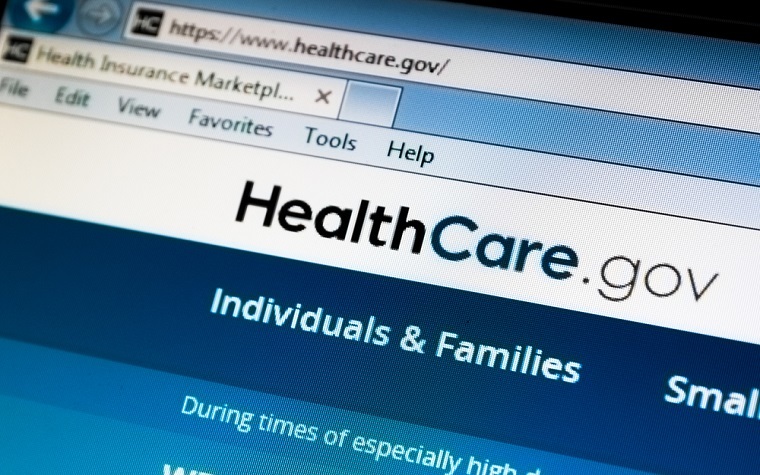
Some applicants under the health care exchanges submitted false social security numbers or immigration papers, or failed to provide proof of income, but were still able to obtain subsidies and enroll in Medicaid, a Government Accountability Office (GAO) investigation has found.
The system is vulnerable to fraud, Seth Bagdoyan, the office’s director of Forensic Audits and Investigative Service, told a U.S. House subcommittee Wednesday.
Undercover investigators attached to the GAO submitted false applications to federal and state exchanges in 2015 and 2016. Most were able to obtain coverage.
“Our undercover testing for the 2015 coverage year found that the health care marketplace eligibility determination and enrollment process for qualified health plans — that is, coverage obtained from private insurers — was vulnerable to fraud,” Bagdoyan told a subcommittee of the House Energy and Commerce Committee.
Testing in 2016 found that the process continued to be vulnerable to fraud, Bagdoyan testified in his opening statement.
According to the Congressional Budget Office, the estimated cost of subsidies and related spending under the act is $56 billion for fiscal year 2017, rising to $106 billion for fiscal year 2026, and totaling $866 billion for fiscal years 2017–2026, Bagdoyan said in his introduction.
An individual with an income no greater than 138 percent of the federal poverty level is eligible for subsidies.
According to the Office of the Actuary of the Centers for Medicare & Medicaid Services (CMS), federal expenditures for the Medicaid expansion are estimated at $430 billion from 2014 through 2023.
In 2015, the GAO submitted 18 fictitious applications by telephone and online to state or federal exchanges in New Jersey, North Dakota, Kentucky and California. Documents needed for verification include a Social Security number, citizenship or lawful residency verification, and tax-return data.
The federal exchange or selected state-based marketplaces approved each of 10 fictitious applications that “we made for subsidized health plans,” Bagdoyan said.
Four applications used Social Security numbers that have never been issued, and included numbers starting with “000.”
Three of the applications were approved for Medicaid despite identity information not matching social security records. Two applications were approved after submitting false documentation, including a fake immigration card, while the third was not asked for documentation.
Officials from CMS, California, Kentucky and North Dakota told the GAO that marketplaces or Medicaid offices only inspect supporting documentation that has obviously been altered.
Vulnerability to fraud continued in 2016, Bagdoyan told the committee. The marketplaces initially approved coverage and subsidies for 15 fictitious applications — including one application for Medicaid — made through the federal exchange in Virginia and West Virginia and the state marketplace in California.
Three were unable to put their policies in force because the initial payments were not successfully processed. Of the remaining 12, investigators used the identities of four applicants from the 2014 testing that had previously obtained subsidized coverage.
The 2016 coverage year was the first year where applicants had to show that they had filed a federal tax return. None of four fictitious applicants had filed a 2014 tax return, but all were approved for the 2016 subsidies.
For eight applications, new fictitious identities were used to test identity or citizenship/immigration status. All obtained subsidized coverage.
Again, the GAO was told that unless documents show signs of being visibly altered, they are accepted as authentic.
“In response to our findings, the Department of Health and Human Services stated that it continues to strengthen marketplace controls,” Bagdoyan said.